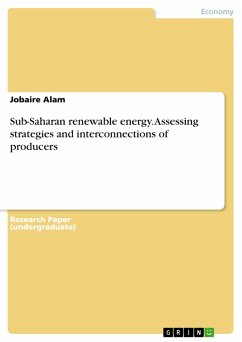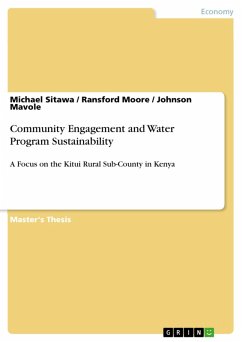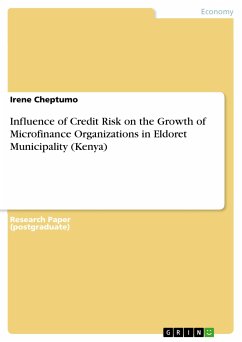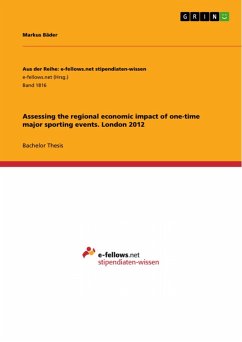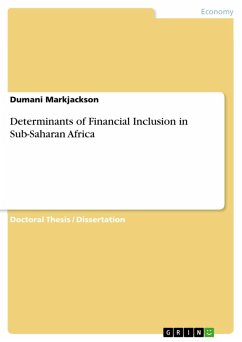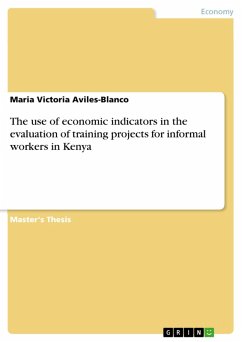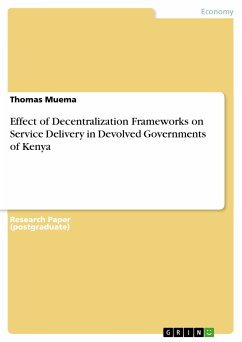Research Paper (undergraduate) from the year 2016 in the subject Economy - Environment economics, grade: B, Aalborg University, language: English, abstract: This study is going to examine the implementation of two renewable electrification technologies; solar PV and wind. In this proposal, literature review section presents a short and clear understanding of previous researches around this topic. This study intends to adopt qualitative method with PESTEL and multi criteria analysis. According to the expected result, this project is aiming to establish policies that contribute to universal energy access and reduction of energy poverty in Kenya. Renewable energy systems have been identified as key driver of sustainability and economic development. Kenya, among the Sub-Saharan countries is considered as one of the frontrunners for catalyzing economic growth by the development of their energy sectors. There are lots of potentials for solar energy in Kenya and it has one of the most active commercial Solar PV sectors in the developing world. Renewable energy technologies have been clearly identified as a key stagnation of sustainability and economic development. Modern energy systems affect the quality of life and supports three pillars of sustainable development: social equality, economic growth and environmental protection, which are very significant concerns in developing countries. As elsewhere, in Sub-Saharan African countries there is a high correlation between low per capita consumption of commercial energy and low per capita gross domestic products. In a continent where both per capita income and energy consumption are tragically low, renewable energy could be a valuable contribution to economic growth. Several developing countries among in Sub-Saharan Africa (SSA) are considered as frontrunners for catalyzing economic growth by the development of their energy sectors. These are Ethiopia, Kenya, Benin, Malawi, Ghana, Uganda and Zimbabwe. Lack of access to affordable electricity is a major determinant of poverty in SSA. Urban populations remain underserved by inefficient, unreliable systems, while many rural villagers have no access to electricity except for power provided to relatively affluent households by small, privately owned generators.
Dieser Download kann aus rechtlichen Gründen nur mit Rechnungsadresse in A, B, BG, CY, CZ, D, DK, EW, E, FIN, F, GR, HR, H, IRL, I, LT, L, LR, M, NL, PL, P, R, S, SLO, SK ausgeliefert werden.

